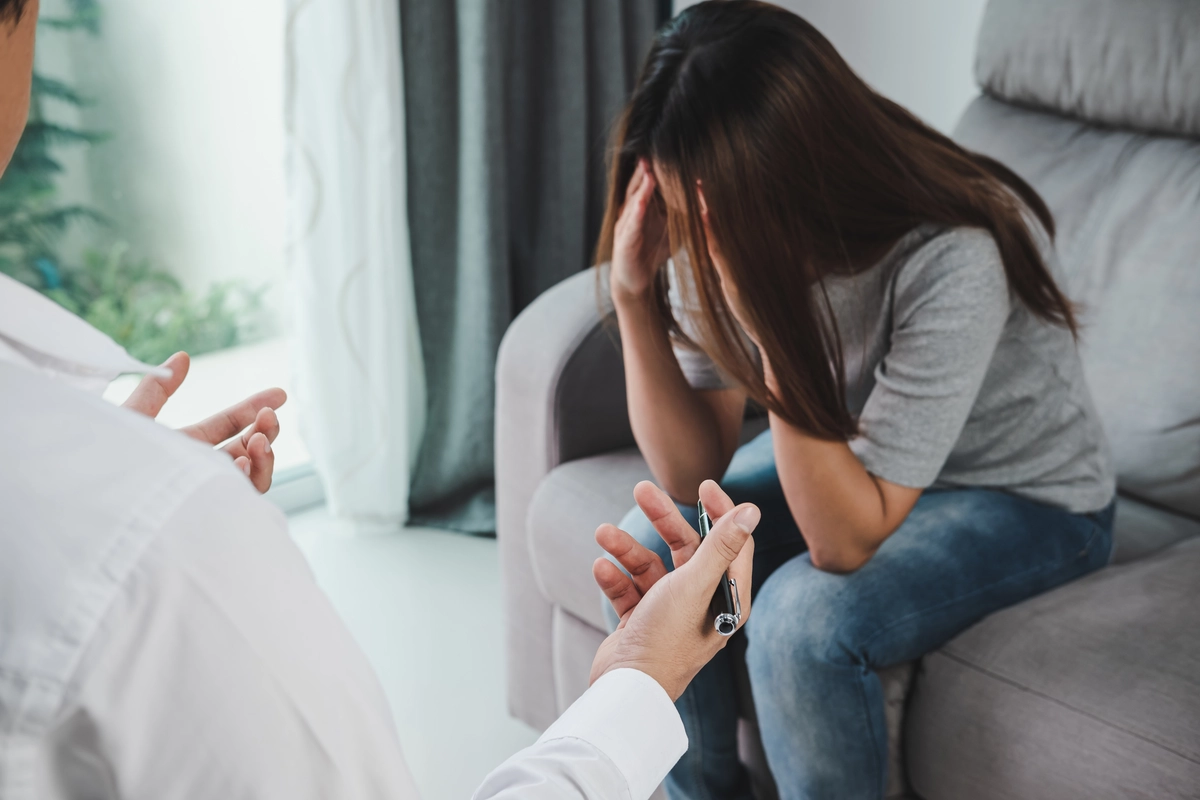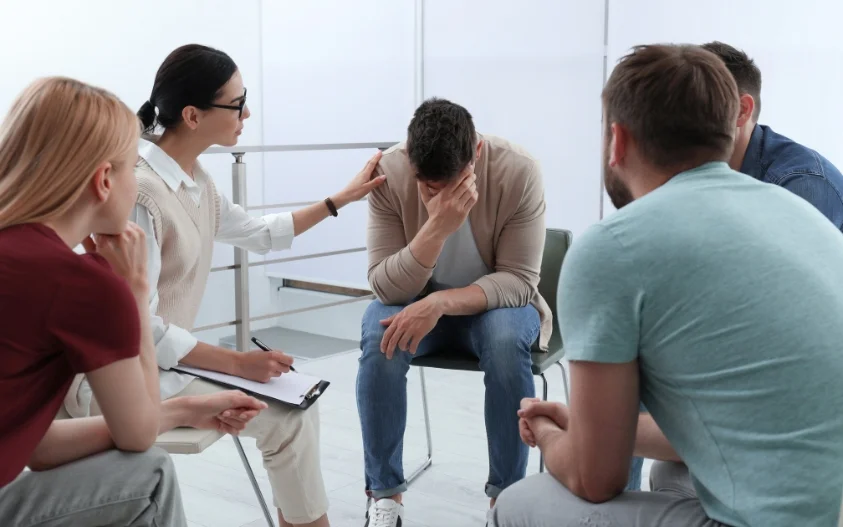24/7 Helpline:
(866) 899-221924/7 Helpline:
(866) 899-2219
Learn more about Opioid Rehab centers in Williamsburg
Opioid Rehab in Other Cities

Other Insurance Options

Meritain

Magellan

Horizon Healthcare Service

Anthem

Sliding scale payment assistance

Absolute Total Care

Providence

Carleon

Group Health Incorporated

BlueCross

Sutter

CareFirst

ComPsych

Molina Healthcare

Health Net

United Health Care

AllWell

GEHA

Holman Group

Magellan Health




Cumberland River Behavioral Health – American Greeting Card Road
Cumberland River Behavioral Health - American Greeting Card Road is an outpatient facility for indiv...

Jackson Behavioral Health Professionals
Jackson Behavioral Health Professionals is a private rehab located in Corbin, KY. Jackson Behavioral...

Cumberland River Behavioral Health – Crossroads
Cumberland River Behavioral Health - Crossroads is an inpatient facility for men that are struggling...

Cumberland River Behavioral Health – Capers
Cumberland River Behavioral Health–Capers is an outpatient mental and behavioral health center for c...






















Cumberland River Behavioral Health – Independence House
Cumberland River Behavioral Health - Independence House is an inpatient facility for women with a Me...

Behavioral Health Group
Behavioral Health Group is a private rehab located in Corbin, KY. Behavioral Health Group specialize...

Cumberland River Behavioral Health – Turning Point
Cumberland River Behavioral Health is an accredited dual-diagnosis rehab facility in Corbin, KY. The...

















































